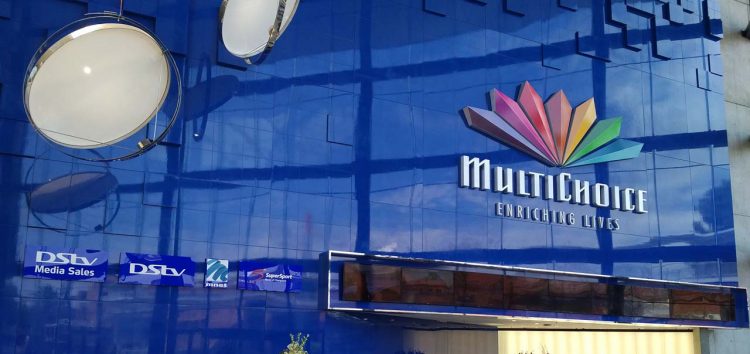The Director-General of the National Identity Management Commission (NIMC), Aliyu Aziz, has argued that the definition of the term ‘digital divide’ as “patterns of unequal access to ICT based on income, race, ethnicity, gender, age and geography that surfaced during the mid-1990s when the internet made steady progress,” have been adjusted as technology deepens.
In his keynote address at the just concluded 27th annual national conference of the Nigerian Computer Society (NCS) in Ibadan, he redefined ‘digital divide’ as consisting of ‘multiple divides’, namely: an access divide, a skills divide, an economic opportunity divide, and a democratic divide allowed researchers to study the experiences or attitudes of the disadvantaged groups in relation to intervention programmes.”
He made it clear that the United Nations pledge to get everyone online by 2030 means that “millions of world citizens need help, including Nigeria,” if they are to meet the UN’s 2030 aspiration.
Speaking on the paper entitled; ‘Digital Inclusion: Opportunities, Challenges and Strategies’ he argued that the “Inability to prove identity is one of the biggest barriers preventing access to benefits, subsidies, exercise of basic rights as well as claiming entitlements,” adding “without knowing who the people are, no government or private sector will be able to effectively deliver important services such as social safety net, elections, agriculture, pension and education, among others.”
Aziz noted that “identity is a pre-requisite for a country’s economic, social and political progress and development,” because “good identification works hand-in-hand with greater use of internet, payments and skills for a vibrant digital economy.”
He said NIMC’s job in driving “digital identification through the enrolment and issuance of a unique identifier known as National Identification Number (NIN) will give clear meaning to ‘digital’ inclusion to deepen quality of life, democracy, exclusion and who gets what, when and under what circumstances.”
He therefore charged NCS and its professional members to among other things, “Construct robust high-speed broadband networks, create incentives for investment in new technologies, build required human capital for productivity growth, and rethink curricula to emphasise digital skills.
“When negotiating trade agreements, make sure issues of data privacy and cybersecurity feature prominently – strike a balance between protecting individual rights and remaining open to digital flows.
“Rather than relegating old debates about digital inclusion, it is time to accept the reality of the new era of digital economy and work to maximise its benefits, minimise its costs, and distribute the gains inclusively. Only then can its true promise be realised,” he advised.
Some of the benefits of digital inclusion according to him include social interaction and cohesiveness, wellbeing, personal health, economic and life changes, self-efficacy, skills and capabilities as well as civic engagement and participation.
Business Hilights recalls that federal government had made possession of NIN as a precondition for access to either new or renewal of International Passport and other official government activities as part of drive to encourage Nigerians to get registered for the identity number.









